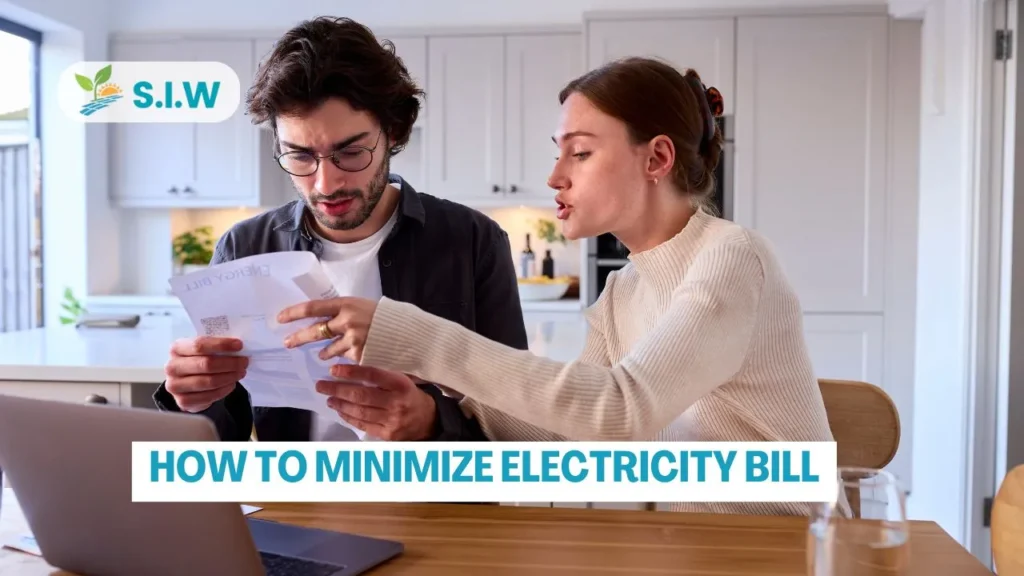Inverter generators have gained popularity for their ability to provide clean, stable power in a compact and efficient package. They are often chosen for their superior performance in various applications, from camping trips to home backup power. However, like any technology, inverter generators come with their own set of advantages and disadvantages. Understanding these can help you make an informed decision about whether an inverter generator is the right choice for your needs.
In addition to considering inverter generators, exploring solar services can offer complementary benefits. Solar power systems provide a renewable and sustainable alternative for generating electricity, which can be particularly advantageous for those looking to reduce their carbon footprint. By integrating solar services with your inverter generator, you can create a hybrid power solution that maximizes efficiency and reliability. This combination allows you to harness the sun’s energy while still having the backup capability of a generator, ensuring a steady and eco-friendly power supply for various needs.
Conduct an Energy Audit
What is an Energy Audit?
An energy audit is a systematic assessment of your home’s energy use. It identifies areas where energy is being wasted and provides recommendations for improvements. Hiring a professional energy auditor can give you a detailed report on how to enhance your home’s energy efficiency.
Benefits of an Energy Audit
- Identify Inefficiencies: Detects leaks, poor insulation, and outdated appliances that contribute to higher energy consumption.
- Prioritize Upgrades: Receive a prioritized list of recommended improvements to maximize energy savings.
- Calculate Savings: Estimate the potential savings from implementing suggested changes.
Optimize Your Heating and Cooling Systems
Maintain Your HVAC System
Regular maintenance of your heating, ventilation, and air conditioning (HVAC) system ensures it operates efficiently. Here are some key maintenance tips:
- Change Filters: Replace air filters every 1-3 months to maintain optimal airflow and reduce energy consumption.
- Clean Coils: Keep the evaporator and condenser coils clean to improve heat exchange efficiency.
- Schedule Professional Check-Ups: Have a professional inspect and service your HVAC system annually.
Upgrade to Energy-Efficient Models
Consider upgrading to energy-efficient HVAC systems that use less energy while providing the same level of comfort. Look for units with the ENERGY STAR® label, which indicates superior efficiency.
Use Programmable Thermostats
A programmable thermostat allows you to set temperature schedules based on your daily routines. By adjusting the temperature when you are away or asleep, you can reduce energy usage and lower your bill.
Improve Home Insulation
Why Insulation Matters
Proper insulation helps maintain consistent indoor temperatures and reduces the workload on your HVAC system. This leads to lower energy consumption and cost savings.
Types of Insulation
- Attic Insulation: Add or upgrade insulation in your attic to prevent heat loss in winter and heat gain in summer.
- Wall Insulation: Insulate walls to reduce drafts and improve energy efficiency.
- Floor Insulation: Insulate floors, especially over unheated spaces like crawl spaces, to enhance comfort and efficiency.
Implement Energy-Saving Lighting Solutions
Switch to LED Bulbs
LED bulbs use up to 80% less energy than traditional incandescent bulbs and have a longer lifespan. Replacing incandescent bulbs with LEDs can lead to significant savings on your electricity bill.
Utilize Natural Light
Maximize the use of natural daylight by opening blinds and curtains during the day. This reduces the need for artificial lighting and lowers energy consumption.
Install Dimmer Switches
Dimmer switches allow you to adjust the brightness of your lights, reducing energy use when full illumination is not needed.
Manage Your Appliance Usage
Use Energy-Efficient Appliances
Invest in energy-efficient appliances that consume less electricity compared to standard models. Look for the ENERGY STAR® label for assurance of efficiency.
Unplug Devices
Phantom power refers to the electricity used by devices when they are turned off but still plugged in. Unplug electronics and appliances when not in use, or use a power strip to easily disconnect multiple devices at once.
Optimize Laundry and Dishwashing
- Wash with Cold Water: Using cold water for laundry reduces the need for energy-intensive heating.
- Run Full Loads: Only run dishwashers and washing machines with full loads to maximize efficiency.
Install Solar Panels
Benefits of Solar Energy
Solar panels harness the power of the sun to generate electricity for your home. By installing solar panels, you can significantly reduce your reliance on grid electricity and lower your electricity bill.
Considerations for Solar Installation
- Assess Solar Potential: Evaluate your home’s solar potential based on location, roof orientation, and shading.
- Explore Incentives: Investigate available incentives, tax credits, and rebates that can offset the cost of solar panel installation.
Practice Energy-Efficient Habits
Turn Off Lights and Appliances
Make it a habit to turn off lights and unplug devices when not in use. This simple practice can help reduce unnecessary energy consumption.
Optimize Heating and Cooling
Adjust your thermostat settings based on the season and wear appropriate clothing to maintain comfort without overusing heating or cooling solar power systems for home.
Seal Leaks and Drafts
Inspect your home for air leaks around windows, doors, and other openings. Sealing these leaks with weather stripping or caulk can improve insulation and reduce energy loss.
Conclusion
Minimizing your electricity bill requires a combination of strategic actions and ongoing practices. By conducting an energy audit, optimizing heating and cooling systems, improving insulation, adopting energy-saving lighting solutions, managing appliance usage, considering solar energy, and practicing efficient habits, you can significantly reduce your electricity consumption and save on costs.
Implementing these expert tips will not only help you achieve financial savings but also contribute to a more sustainable and energy-efficient lifestyle.








